What is an AI agent?
Imagine having a personal assistant that is capable of performing an infinite amount of duties on its own, never sleeps, and never gets tired. Here we are talking about AI Agents, real superheroes of the age of AI. It is mesmerizing to see How AI is transforming the world and making it a better place to live for all of us.
In artificial intelligence (AI), agents are software entities or systems that perceive their environment, make decisions, and take actions to achieve specific goals or objectives. These AI agents are designed to mimic human-like behaviors and can operate in various domains, from simple tasks to complex problem-solving scenarios. The concept of agents in AI is a fundamental one in the field of AI and is often used to model and create intelligent systems.
Key characteristics of an AI agent
Agents in artificial intelligence (AI) possess several key characteristics that define their behavior and functionality. These characteristics are essential for understanding how agents interact with their environment and make decisions. Here are the key characteristics of agents in AI:
- Perception: Agents have the ability to perceive or sense their environment through sensors or data inputs. This can include anything from cameras and microphones to more specialized sensors, depending on the agent’s application.
- Decision-Making: Agents make decisions based on the information they perceive. These decisions are typically guided by a set of rules, algorithms, or learning mechanisms that help the agent choose the best course of action to achieve its goals.
- Action: After making a decision, an agent takes action in the environment to achieve its objectives. These actions can be physical (e.g., moving a robot’s wheels) or digital (e.g., sending a message in a chatbot).
- Autonomy: Agents often operate autonomously, meaning they can function without continuous human intervention. They can adapt to changes in the environment and make decisions independently.
- Goal-Oriented: Agents are typically designed to achieve specific goals or objectives. These goals can be defined by their designers or learned through experience.
- Learning: Some agents can learn from their experiences and improve their decision-making capabilities over time. Machine learning techniques, such as reinforcement learning, are often used to enable agents to learn from trial and error.
Types of AI Agents
Artificial Intelligence (AI) agents can be categorized into various types based on their capabilities, characteristics, and functions. Here are some common types of AI agents:
- Simple Reflex Agents: These are the most basic type of agents that operate based on a direct mapping of sensory inputs to actions. They make decisions solely based on the current percept without considering the history or future consequences. These agents are not suitable for complex tasks.
- Model-Based Reflex Agents: These agents maintain an internal model or representation of the world, which allows them to consider past perceptions and anticipate future consequences when making decisions. They typically use rule-based systems or knowledge bases to relate their internal model to actions.
- Goal-Based Agents: Goal-based agents have predefined goals or objectives they aim to achieve. They use planning and reasoning to select actions that lead them closer to their goals. These agents are often used in complex problem-solving scenarios.
- Utility-Based Agents: Utility-based agents assess the desirability or utility of different outcomes when making decisions. They consider not only the achievement of goals but also the relative value or preference associated with different states or actions. Utility functions help them select the best course of action.
- Learning Agents: Learning agents have the ability to adapt and improve their behavior over time through experience. There are several subtypes of learning agents:
- Reinforcement Learning Agents: These agents learn to maximize rewards or minimize penalties by taking actions in an environment. They use trial-and-error to refine their strategies.
- Supervised Learning Agents: These agents learn from labeled training data and are used for tasks like classification and regression. They make predictions based on patterns learned from examples.
- Unsupervised Learning Agents: Unsupervised learning agents explore and discover patterns or structure in data without explicit supervision. Clustering and dimensionality reduction are common tasks for these agents.
- Semi-Supervised and Self-Supervised Learning Agents: These agents leverage a combination of labeled and unlabeled data or use self-generated labels for learning.
Advantages of using AI agents
Using AI agents offers several advantages across various domains and applications. These advantages stem from the capabilities of AI agents, which include autonomous decision-making, data processing, and adaptability. Here are some key advantages of using AI agents:
- Automation: AI agents can automate repetitive and time-consuming tasks, freeing up human resources for more creative and strategic roles. This automation leads to increased efficiency and cost savings.
- 24/7 Availability: AI agents operate continuously without the need for breaks or downtime. This round-the-clock availability is particularly valuable for customer support, data analysis, and monitoring tasks.
- Scalability: AI agents can scale their operations easily to handle a growing volume of tasks and data, making them adaptable to changing business needs.
- Consistency: AI agents perform tasks consistently and without bias, reducing the chances of human errors and variations in output.
- Speed: AI agents process information and make decisions at incredible speeds, enabling rapid responses to real-time data and events.
- Data Processing: AI agents excel at processing and analyzing large volumes of data, uncovering insights, patterns, and trends that may not be apparent to humans.
- Personalization: AI agents can provide personalized experiences and recommendations to users based on their preferences and historical data, enhancing customer satisfaction and engagement.
- Cost Efficiency: By automating tasks and reducing the need for human labor, AI agents can lead to significant cost savings for businesses.
- Handling Complexity: AI agents can handle complex tasks, such as natural language understanding, image recognition, and decision-making in dynamic environments, which can be challenging for humans.
- Decision Support: AI agents provide valuable decision support by processing and analyzing data to assist humans in making informed choices, whether in healthcare diagnosis, financial planning, or strategic business decisions.
- Security Enhancement: AI agents can bolster security by continuously monitoring systems for anomalies and potential threats. They can detect unusual behavior and trigger alerts or take corrective actions in real-time.
These advantages make AI agents a valuable tool for businesses and organizations across various industries, improving productivity, customer service, and decision-making processes. However, it’s crucial to consider ethical and responsible AI practices, as well as potential challenges, such as bias and data privacy concerns, when implementing AI agents.
The post Agents in Artificial Intelligence appeared first on .
Tags:
- Artificial intelligence
- agents in ai
- agents in artificial intelligence
- intelligent agent in ai
- types of agent in ai

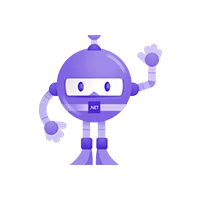 .NET MAUI Development
.NET MAUI Development
 Xamarin Application Development
Xamarin Application Development
 React Native App Development
React Native App Development
 iOS Application Development
iOS Application Development
 Android Application Development
Android Application Development
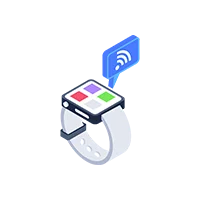 Android Wear App Development
Android Wear App Development
 Ionic Development
Ionic Development
 iBeacon Application Development
iBeacon Application Development
 Universal Windows Platform (UWP)
Universal Windows Platform (UWP)
 Kotlin Application Development
Kotlin Application Development
 Swift Application Development
Swift Application Development
 Flutter Application Development
Flutter Application Development
 PWA Application Development
PWA Application Development
 Offshore Software Development
Offshore Software Development
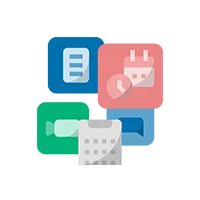 Custom Application Development
Custom Application Development
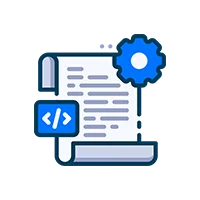 Front-End Development
Front-End Development
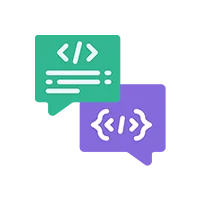 Full Stack Development
Full Stack Development
 AI & Machine Learning
AI & Machine Learning
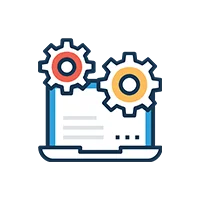 Custom CRM Solutions
Custom CRM Solutions
 Flask Software Development
Flask Software Development
 Electron JS Development
Electron JS Development
 ChatGPT Development
ChatGPT Development
Telemedicine App Development
Build Smart Telemedicine Platform
Beauty & Salon App Solutions
Hire Workato Experts
Workato Consulting & Support
 .NET Application Development
.NET Application Development
 .NET Nuke Development
.NET Nuke Development
 Microsoft Dynamics CRM
Microsoft Dynamics CRM
 Microsoft Small Business Solution
Microsoft Small Business Solution
 VB .NET Development
VB .NET Development
 C# Development
C# Development
 Sharepoint Migration
Sharepoint Migration
 Sharepoint Development
Sharepoint Development
 ASP.NET Core Development
ASP.NET Core Development
 ASP.NET Development
ASP.NET Development
 ASP.NET MVC Development
ASP.NET MVC Development
 Kentico CMS
Kentico CMS
 Umbraco CMS
Umbraco CMS
 AJAX Development
AJAX Development
 Agile Development
Agile Development
 Microsoft Bot
Microsoft Bot
 Microsoft Blazor
Microsoft Blazor
 Microsoft Azure Cognitive
Microsoft Azure Cognitive

 Mean Stack Development
Mean Stack Development
 Vue JS Development
Vue JS Development
 Javascript Development
Javascript Development
 Angular JS Development
Angular JS Development
 Next JS development
Next JS development
 Java Development
Java Development
 Python Development
Python Development
 Django Development
Django Development
 Cherrypy Development
Cherrypy Development
 NodeJS Development
NodeJS Development
 Laravel Development
Laravel Development
 CodeIgniter Development
CodeIgniter Development
 Zend Development
Zend Development
 Ruby on Rails Development
Ruby on Rails Development
 CakePHP Development
CakePHP Development
 PHP Website Development
PHP Website Development
 Symfony Development
Symfony Development
 Drupal Development
Drupal Development
 Joomla Development
Joomla Development
 Wordpress Development
Wordpress Development
 Magento Development
Magento Development
 Magento 2.0 Development
Magento 2.0 Development
 Magento Enterprise
Magento Enterprise
 Shopping Cart Development
Shopping Cart Development
 Prestashop Development
Prestashop Development
 Shopify Development
Shopify Development
 Open Cart Development
Open Cart Development
 WooCommerce Development
WooCommerce Development
 BigCommerce Development
BigCommerce Development
 NopCommerce Development
NopCommerce Development
 Virto Commerce Development
Virto Commerce Development
 AspDotNetStorefront Development
AspDotNetStorefront Development
 RaspBerry Pi
RaspBerry Pi
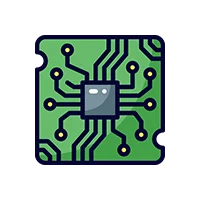 Firmware Software Development
Firmware Software Development
 ESP 32 Software Development
ESP 32 Software Development
 Embedded Development
Embedded Development
 Internet of Things
Internet of Things
 Nordic Development
Nordic Development
 HTML 5
HTML 5
 UI/UX Design
UI/UX Design
 Graphic Design
Graphic Design
 Adobe Photoshop
Adobe Photoshop
 XML Application Development
XML Application Development
 Cloud Computing Solutions
Cloud Computing Solutions
 Azure Cloud App Development
Azure Cloud App Development
 AWS Development
AWS Development
 Google Cloud Development
Google Cloud Development
 SQL Programming Development
SQL Programming Development
 MySQL Development
MySQL Development
 MongoDB Development
MongoDB Development
 Big Data
Big Data
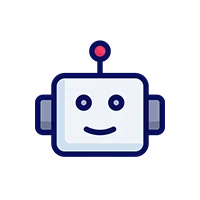 Robotic Process Automation
Robotic Process Automation
 Social Media Marketing
Social Media Marketing
 Search Engine Optimization
Search Engine Optimization
 QA Testing
QA Testing
 Software Testing
Software Testing
 Software Security
Software Security
 Maintenance And Support
Maintenance And Support
 I.T. Consulting Services
I.T. Consulting Services
 Business Intelligence
Business Intelligence
 YII Development
YII Development
 Data Analysis
Data Analysis
 Alexa Skills Development
Alexa Skills Development
 On Demand App for Mobile repairing services
On Demand App for Mobile repairing services
 On Demand App for Car Service Booking
On Demand App for Car Service Booking
 On Demand App for Cleaning Services
On Demand App for Cleaning Services
 On Demand App for Pharmacy
On Demand App for Pharmacy
 On Demand Dedicated Developers
On Demand Dedicated Developers
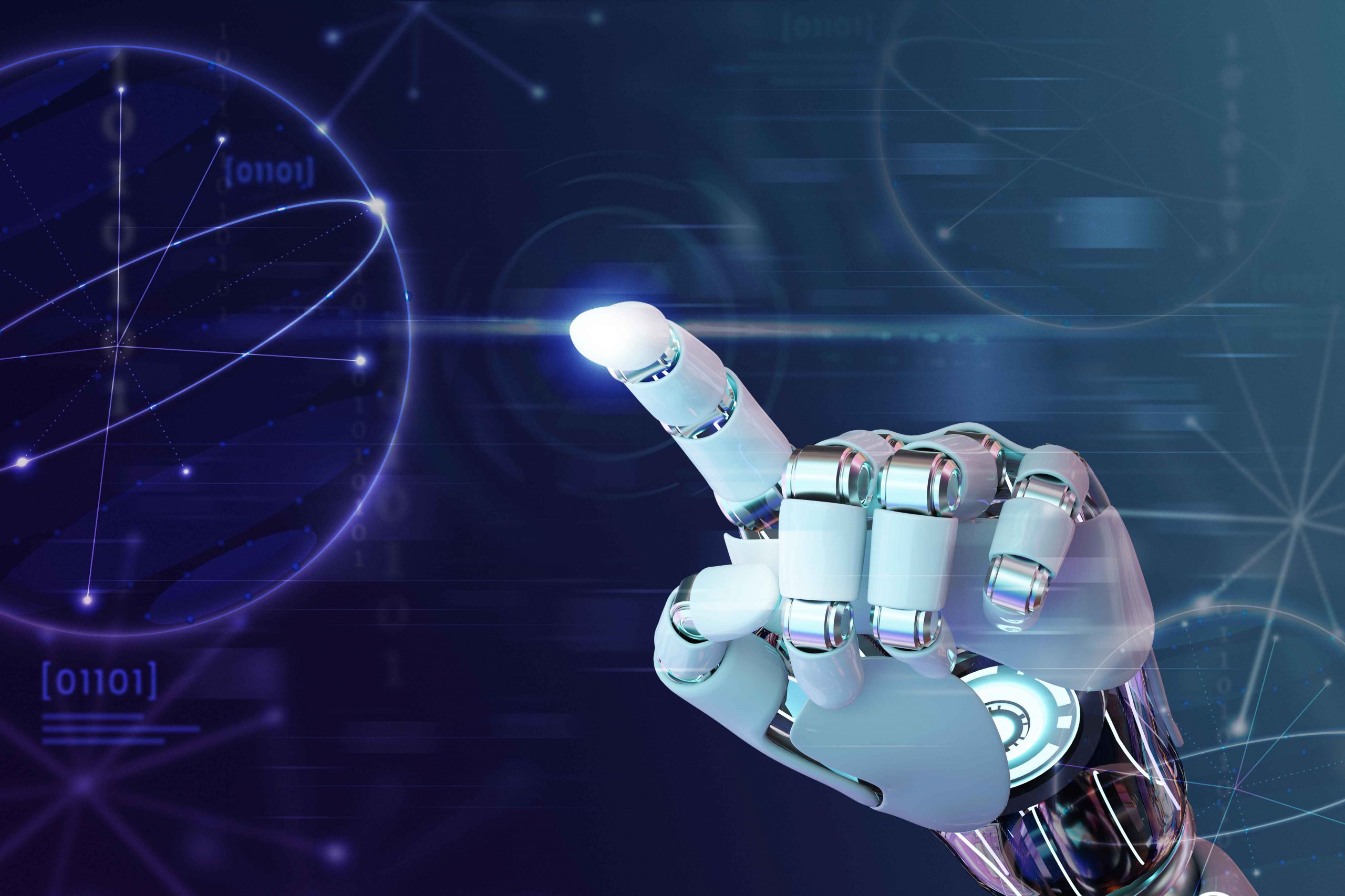





Leave a Reply